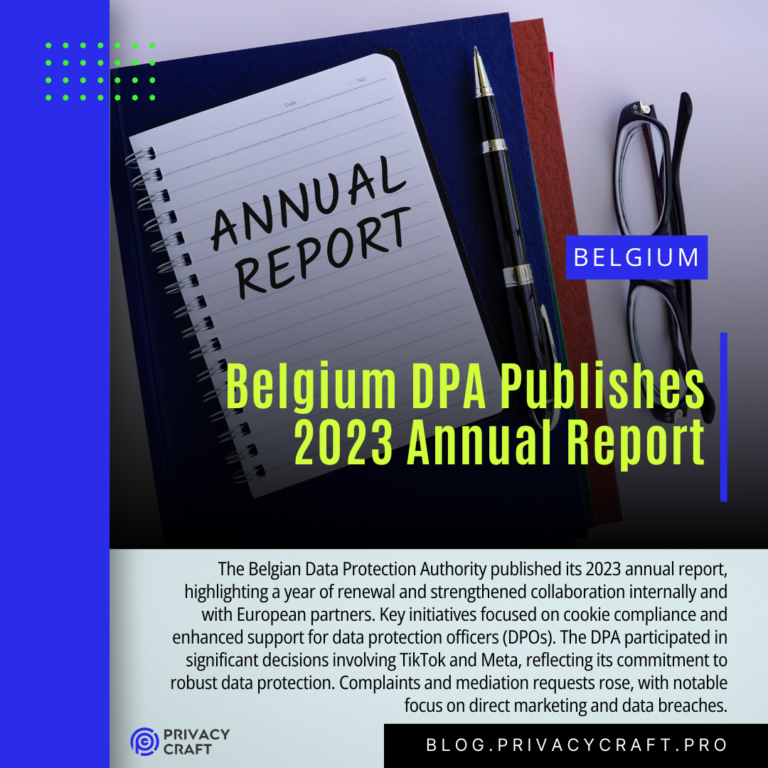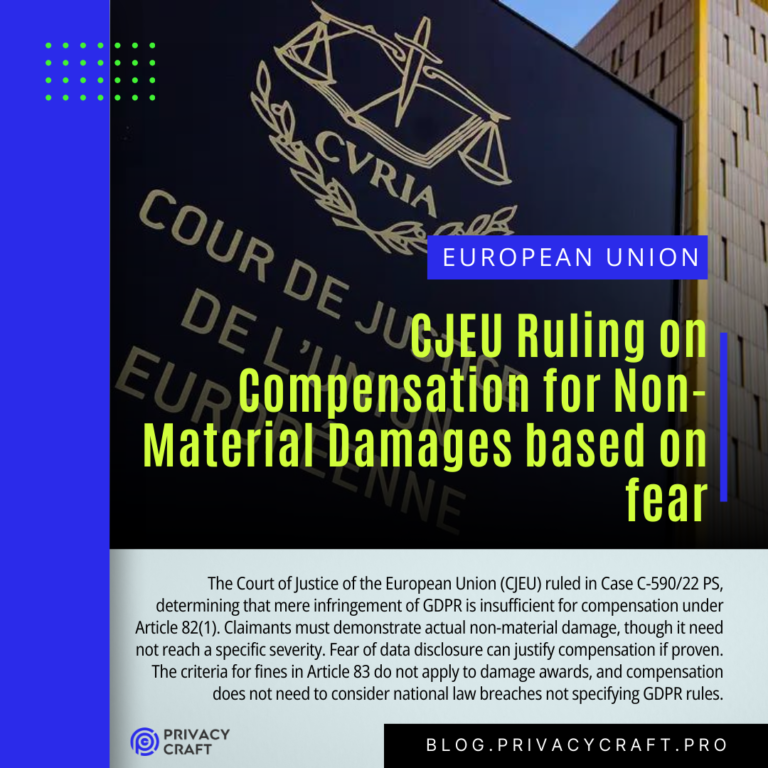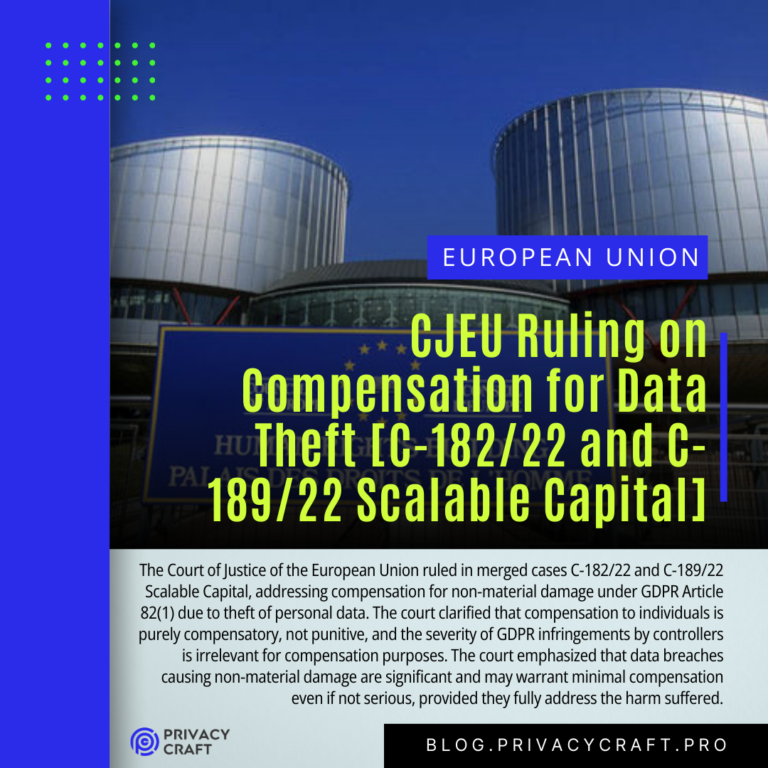SAFE for Kids Act Signed into Law in New York
The New York Governor signed the SAFE for Kids Act, targeting social media platforms’ addictive feeds for minors. Defined as feeds using algorithms to engage users based on their behavior, the act prohibits such feeds for users under 18 without parental consent, and mandates platforms to use reasonable methods to verify age. If violated, the New York Attorney General can impose penalties of up to $5,000 per infraction. The act, designed to protect children’s mental health, will take effect 108 days post-regulation by the AG’s office.
SAFE for Kids Act Signed into Law in New York Read More »




